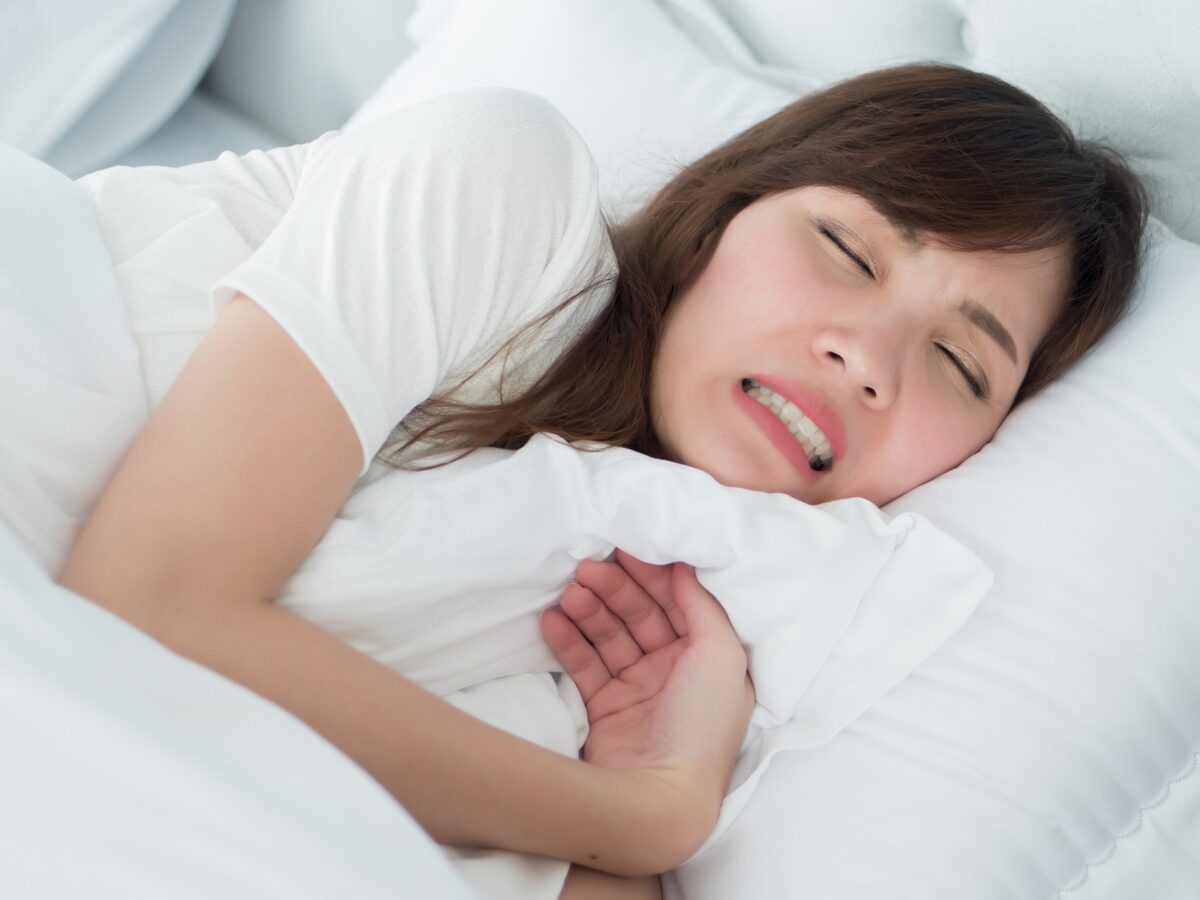Blog
Dental hygiene tips for healthy teeth & gums

How to manage sleep bruxism in children?
The condition of grinding or clenching of teeth consciously or unconsciously is named bruxism. Bruxism is one of the most common sleep disorders. It is an unconscious neuromuscular activity. It may happen when you are awake or during sleep. Though it is majorly reported in children, It can occur or may continue to their adulthood too. So, It is important as a parent to take necessary preventional steps.
What causes bruxism?
- Bruxism is mostly a sign of underlying physical and mental complications. It may also include genetic factors. Although bruxism is mainly caused by stress, anxiety, and emotional distress, it can also affect other issues.
- An abnormal teeth alignment may cause teeth grinding. This condition is called occlusal discrepancy. The inability of the upper and lower jaw to meet properly while chewing may also be a cause.
- It can also be caused due to sleep disorders like sleep apnea.
- Other medications like antidepressants may also be a reason for teeth grinding.
- After the first teeth appear in children, they may start grinding and again when the permanent teeth emerge. When the adult teeth fully erupt, it usually stops.
Why is it important to care for it at the initial stages?
Long term teeth grinding may lead to flattening of teeth. It may also cause fracturing and chipping of teeth. The teeth enamel may get damaged, exposing deeper layers of teeth. The most affecting result of teeth grinding is the tiredness and sensitivity in teeth and jaw muscles. Teeth pain can be extremely uncomfortable. The jaw’s tiredness may cause severe headaches, neck pain, jaw soreness, and even earaches sometimes. The jaw may produce a popping or clicking sound during movement. It may also damage the inside cheek while chewing. In severe cases, it causes or worsens TMD/TMJ and even changes the face’s appearance.
How to manage them in children?
A healthy lifestyle is a key to reducing bruxism in children as bruxism is their natural coping mechanism to growth and development. Unlike awake bruxism, sleep Bruxism cannot be altered by conscious control of grinding or clenching. The treatment for bruxism depends on the cause and underlying reasons.
Steps can be taken to reduce children’s stress and anxiety by either talking to them about the issues and providing a support system and consulting therapists. Setting up a peaceful bedtime routine can help the children reduce stress and relax more. Avoid television and electronics several hours before bedtime. Making them listen to calm music, giving them a warm and tepid shower, or reading or listening to stories may help them relax. Try to avoid the stressors as much as possible for your kid.
If misaligned teeth cause grinding, visiting a dentist is recommended. When a doctor is consulted, he/she may provide you with a mouth guard, which will prevent the grinding of teeth. The guard may control the jaw movements and stop the upper and lower jaw from touching.
Some guards lessen the damage to teeth. Some children will gradually outgrow it, so actions can be taken to soothe the pain caused due to grinding, like using wet heat or ice for jaw sores and headaches, massaging the facial muscles, avoiding hard and chewy food, and other relaxation techniques.
Book Appointment to find out which treatment might be best for you.


